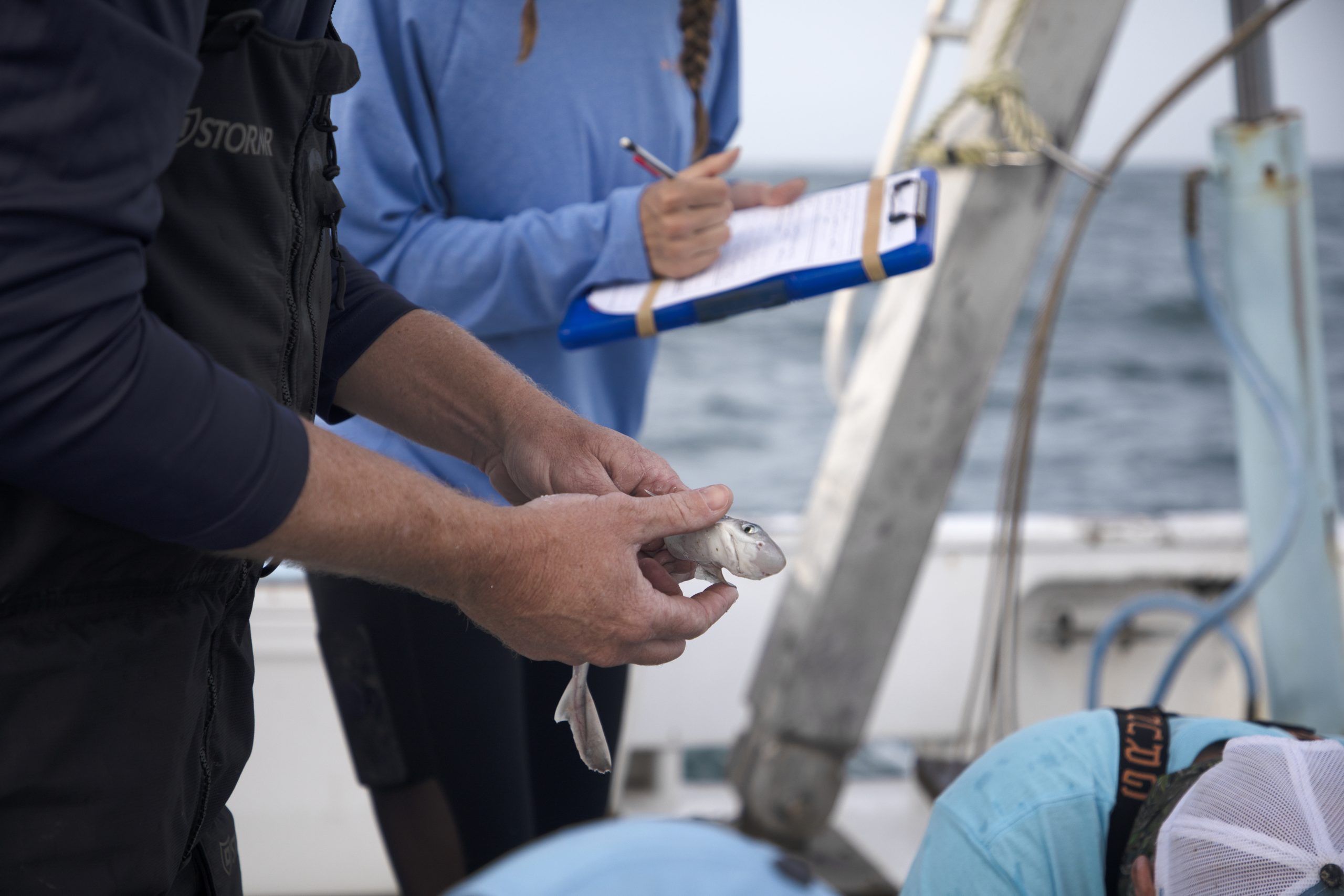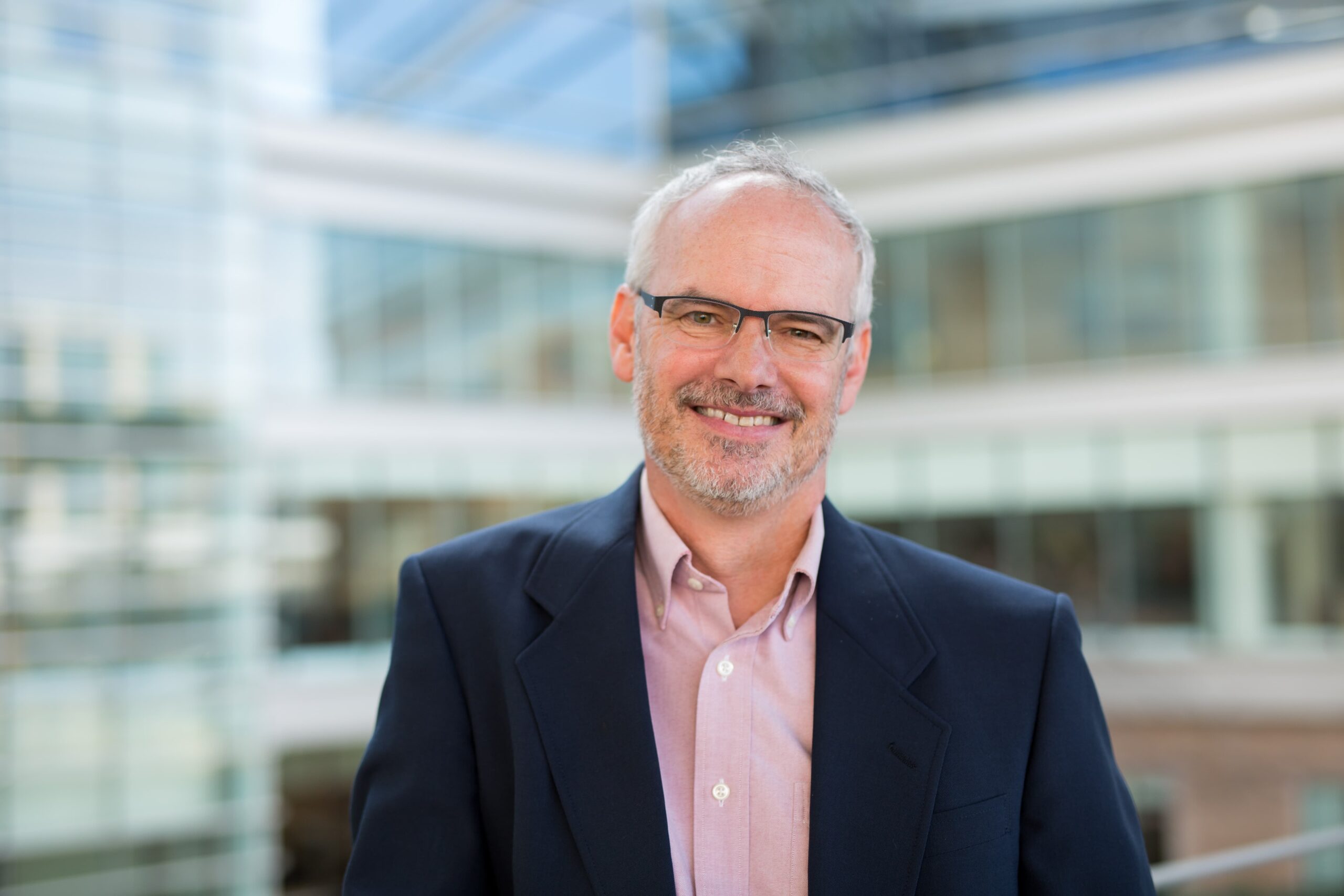UNC-Chapel Hill experts available to discuss hurricane season
UNC-Chapel Hill experts are available to provide insight on storm surge and flooding, emergency management during natural disasters, water quality, beach erosion and other storm-related issues.
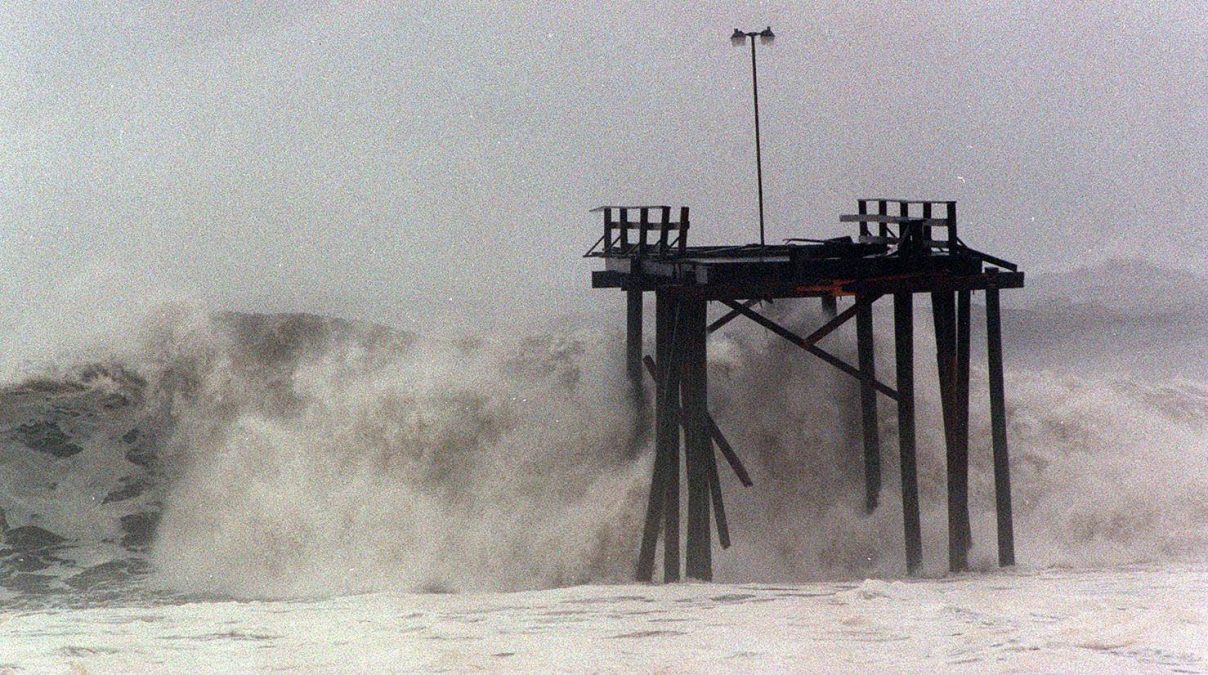
Hurricane season began June 1 and is predicted to be highly active and one of the busiest on record. The National Oceanic and Atmospheric Administration is forecasting 17-25 named storms with eight to 13 forecast to become hurricanes, including four to seven major hurricanes.
University of North Carolina at Chapel Hill researchers can discuss topics such as:
- Storm surge and flooding
- Water quality
- Beach erosion and other storm-related issues
To speak with an expert from the UNC-Chapel Hill Institute of Marine Sciences, please call (919) 445-8555 or email mediarelations@unc.edu.
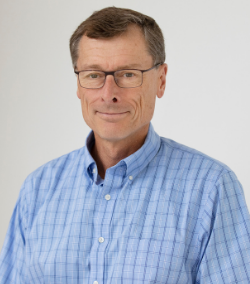 Rick Luettich is the lead investigator of the Department of Homeland Security’s Coastal Resilience Center. He is a leading global expert on storm surge and is on the front lines when it comes to predicting a storm’s potential impact, as co-developer of ADCIRC, a system of computer programs used to predict storm surge and flooding. Federal agencies, organizations and emergency operations centers in several coastal states use Luettich’s model to assess risk, for design protection and to make decisions during storm events. He can discuss coastal risk, protection and forecasting storms.
Rick Luettich is the lead investigator of the Department of Homeland Security’s Coastal Resilience Center. He is a leading global expert on storm surge and is on the front lines when it comes to predicting a storm’s potential impact, as co-developer of ADCIRC, a system of computer programs used to predict storm surge and flooding. Federal agencies, organizations and emergency operations centers in several coastal states use Luettich’s model to assess risk, for design protection and to make decisions during storm events. He can discuss coastal risk, protection and forecasting storms.
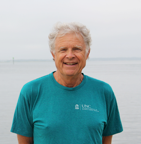
Hans Paerl is a water quality expert, focused on the harmful effects of toxic algae for both people and aquatic ecosystems. He can discuss the long-term impact of these blooms, including excessive nutrient inputs leading to algal blooms and their detrimental effects, including low oxygen (hypoxia), fish kills and toxicity of blooms, including digestive, liver and neurological impacts on human health.
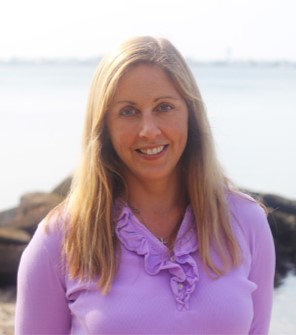
Rachel Noble focuses her research on public health issues surrounding water quality, including stormwater, drinking water and extreme conditions like those following a tropical storm or hurricane event. Her current work highlights the use of rapid tests to protect public health from waterborne diseases. She can discuss how to protect human health by better understanding pathogens and the risk they pose to the public, particularly after storm events.
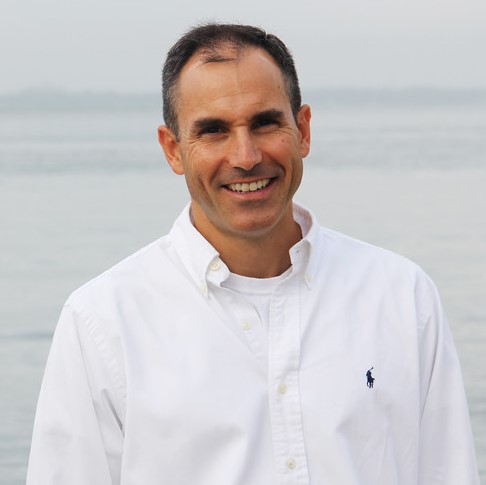
Tony Rodriguez centers his research on the geologic processes that shape coastlines, including understanding the forces that change our shores after a hurricane and how that change manifests in the face of a changing climate. In collaboration with Duke University, his lab uses small drones to better understand the impacts of hurricanes on local barrier islands and the beaches of Camp LeJeune.
